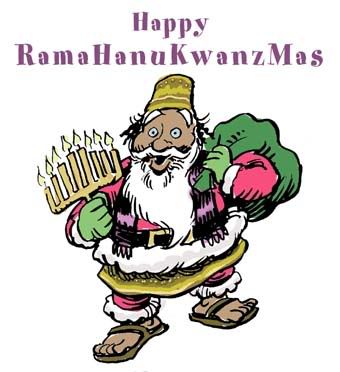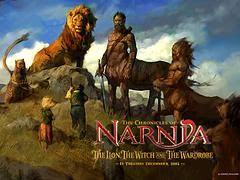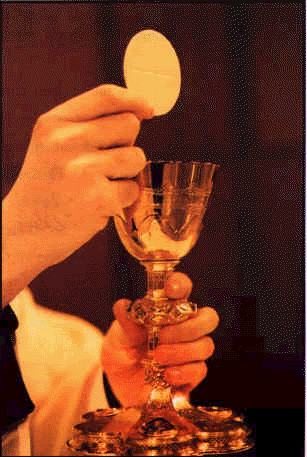"Urbi et Orbi", Christmas 2005
"Wake up, O man! For your sake God became man."
- Saint Augustine, Sermo, 185.

Sunrise from atop Haleakala ("house of the sun"), the 10,023 ft tall dormant volcano on the island of Maui, December 28th, 2005.
Some words from Pope Benedict's "Urbi et Orbi" message ("to the City [of Rome] and to the World") on Christmas Day...
Last night we heard once more the Angel’s message to the shepherds, and we experienced anew the atmosphere of that holy Night, Bethlehem Night, when the Son of God became man, was born in a lowly stable and dwelt among us. On this solemn day, the Angel’s proclamation rings out once again, inviting us, the men and women of the third millennium, to welcome the Saviour. May the people of today’s world not hesitate to let him enter their homes, their cities, their nations, everywhere on earth! In the millennium just past, and especially in the last centuries, immense progress was made in the areas of technology and science. Today we can dispose of vast material resources. But the men and women in our technological age risk becoming victims of their own intellectual and technical achievements, ending up in spiritual barrenness and emptiness of heart. That is why it is so important for us to open our minds and hearts to the Birth of Christ, this event of salvation which can give new hope to the life of each human being....Here's the Pope's Christmas Urbi et Orbi in its entirety. God bless!
At Christmas, the Almighty becomes a child and asks for our help and protection. His way of showing that he is God challenges our way of being human. By knocking at our door, he challenges us and our freedom; he calls us to examine how we understand and live our lives. The modern age is often seen as an awakening of reason from its slumbers, humanity’s enlightenment after an age of darkness. Yet without the light of Christ, the light of reason is not sufficient to enlighten humanity and the world. For this reason, the words of the Christmas Gospel: "the true Light that enlightens every man was coming into this world" (Jn 1:9) resound now more than ever as a proclamation of salvation. "It is only in the mystery of the Word made flesh that the mystery of humanity truly becomes clear" (Gaudium et Spes, 22)...
Men and women of today, humanity come of age yet often still so frail in mind and will, let the Child of Bethlehem take you by the hand! Do not fear; put your trust in him! The life-giving power of his light is an incentive for building a new world order based on just ethical and economic relationships. May his love guide every people on earth and strengthen their common consciousness of being a "family" called to foster relationships of trust and mutual support. A united humanity will be able to confront the many troubling problems of the present time: from the menace of terrorism to the humiliating poverty in which millions of human beings live, from the proliferation of weapons to the pandemics and the environmental destruction which threatens the future of our planet...
At Christmas we contemplate God made man, divine glory hidden beneath the poverty of a Child wrapped in swaddling clothes and laid in a manger; the Creator of the Universe reduced to the helplessness of an infant. Once we accept this paradox, we discover the Truth that sets us free and the Love that transforms our lives. On Bethlehem Night, the Redeemer becomes one of us, our companion along the precarious paths of history. Let us take the hand which he stretches out to us: it is a hand which seeks to take nothing from us, but only to give...
With the shepherds let us enter the stable of Bethlehem beneath the loving gaze of Mary, the silent witness of his miraculous birth. May she help us to experience the happiness of Christmas, may she teach us how to treasure in our hearts the mystery of God who for our sake became man; and may she help us to bear witness in our world to his truth, his love and his peace.












